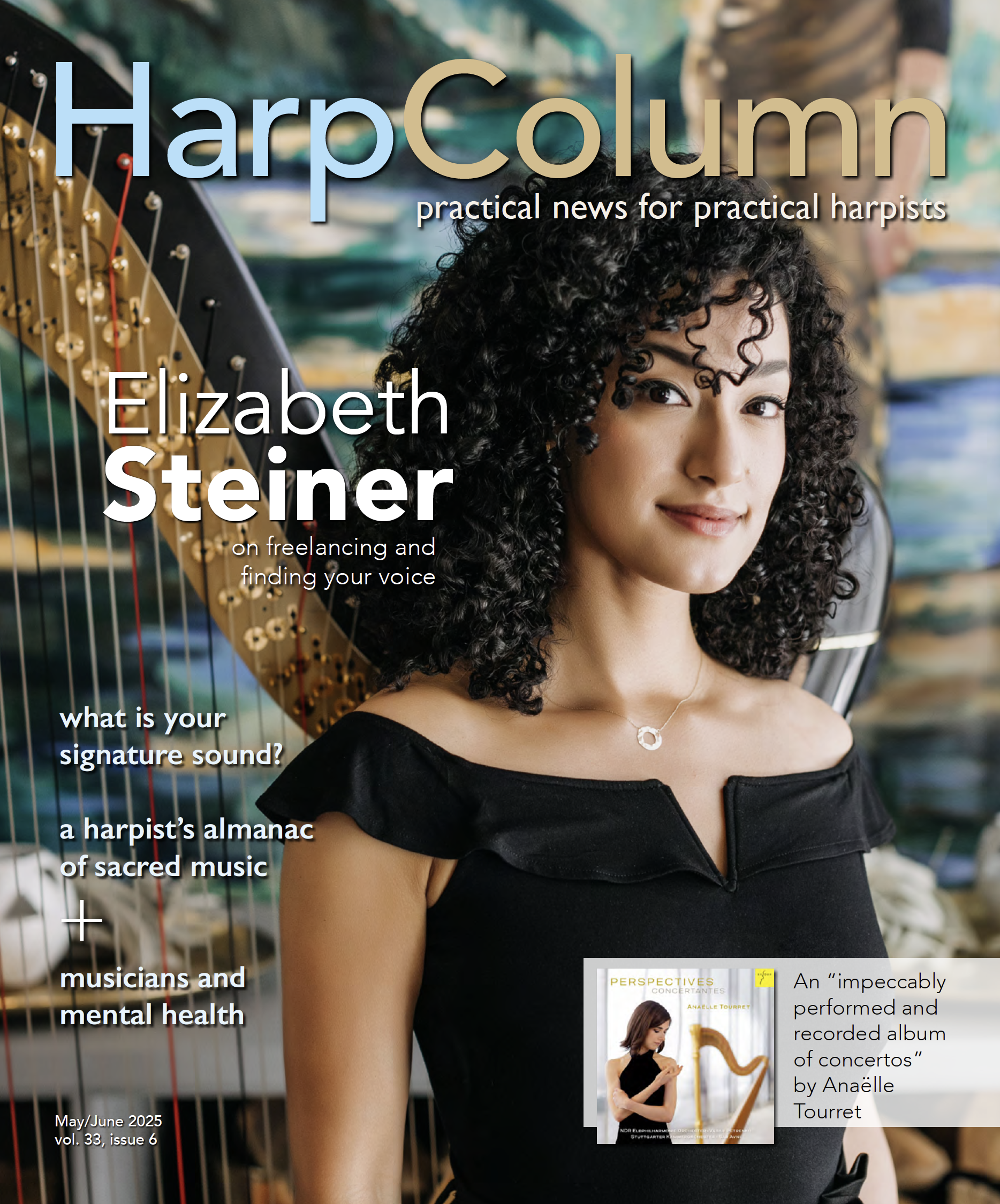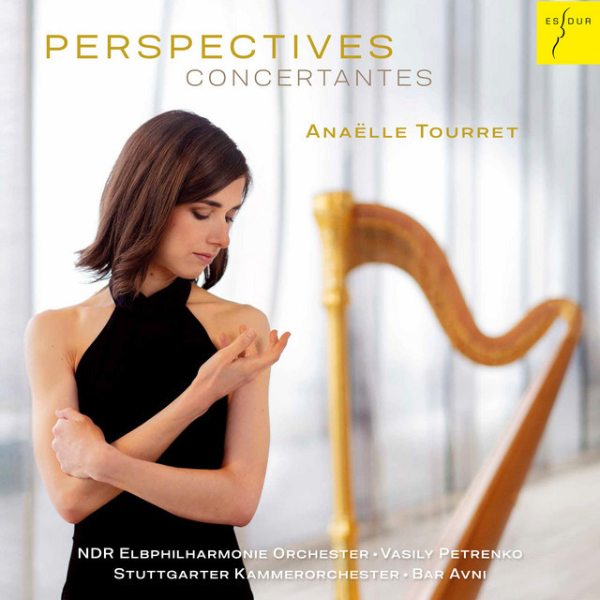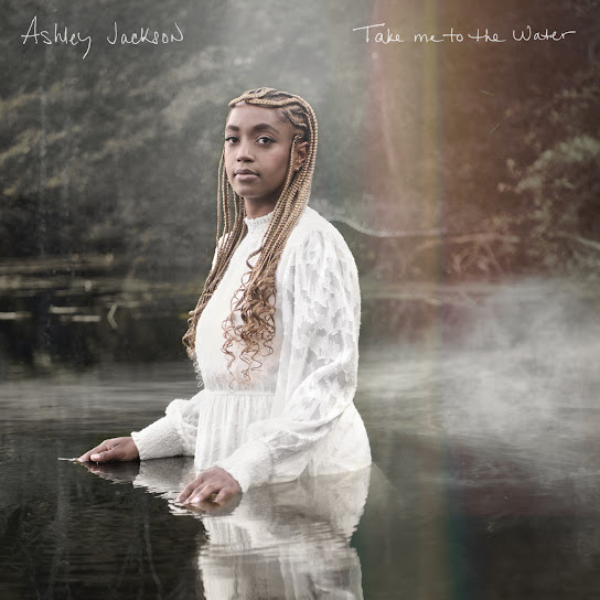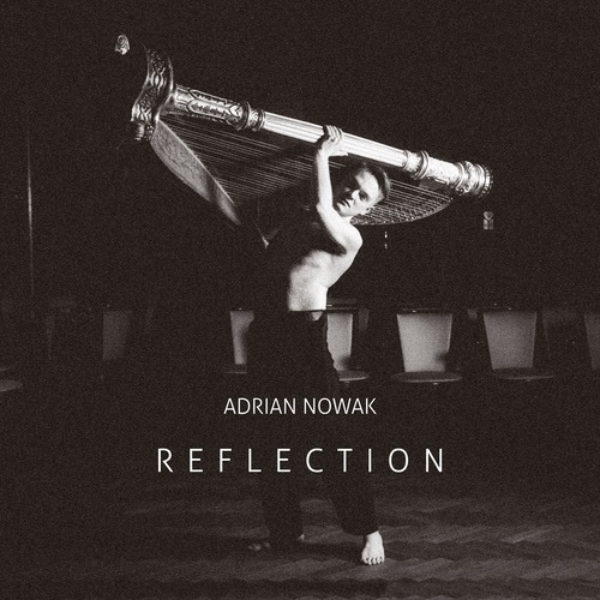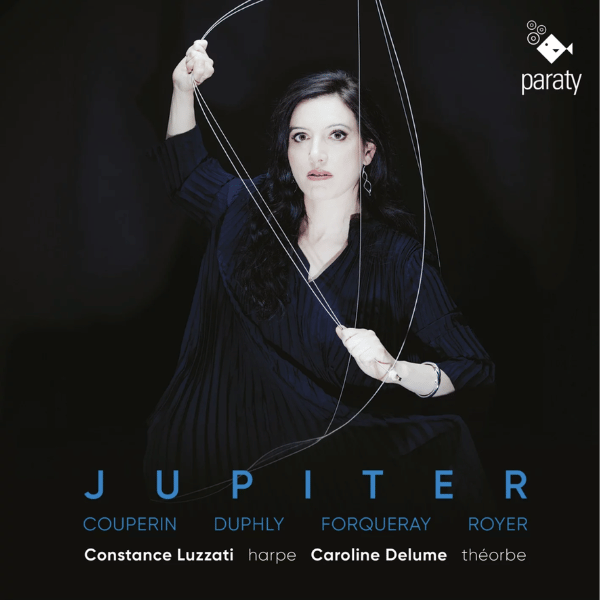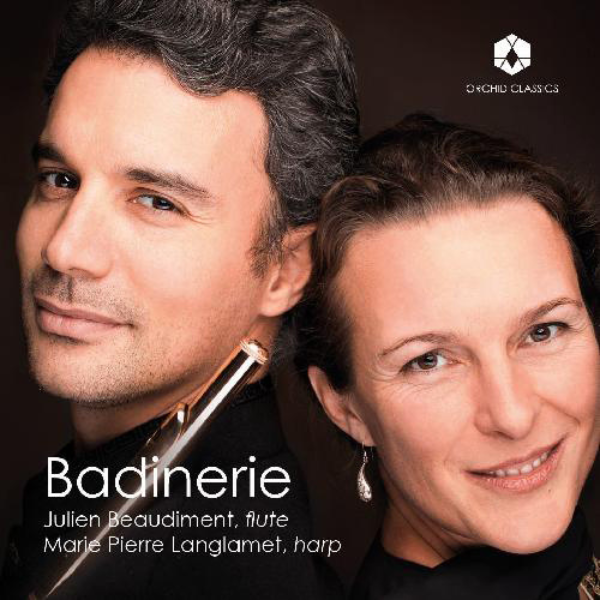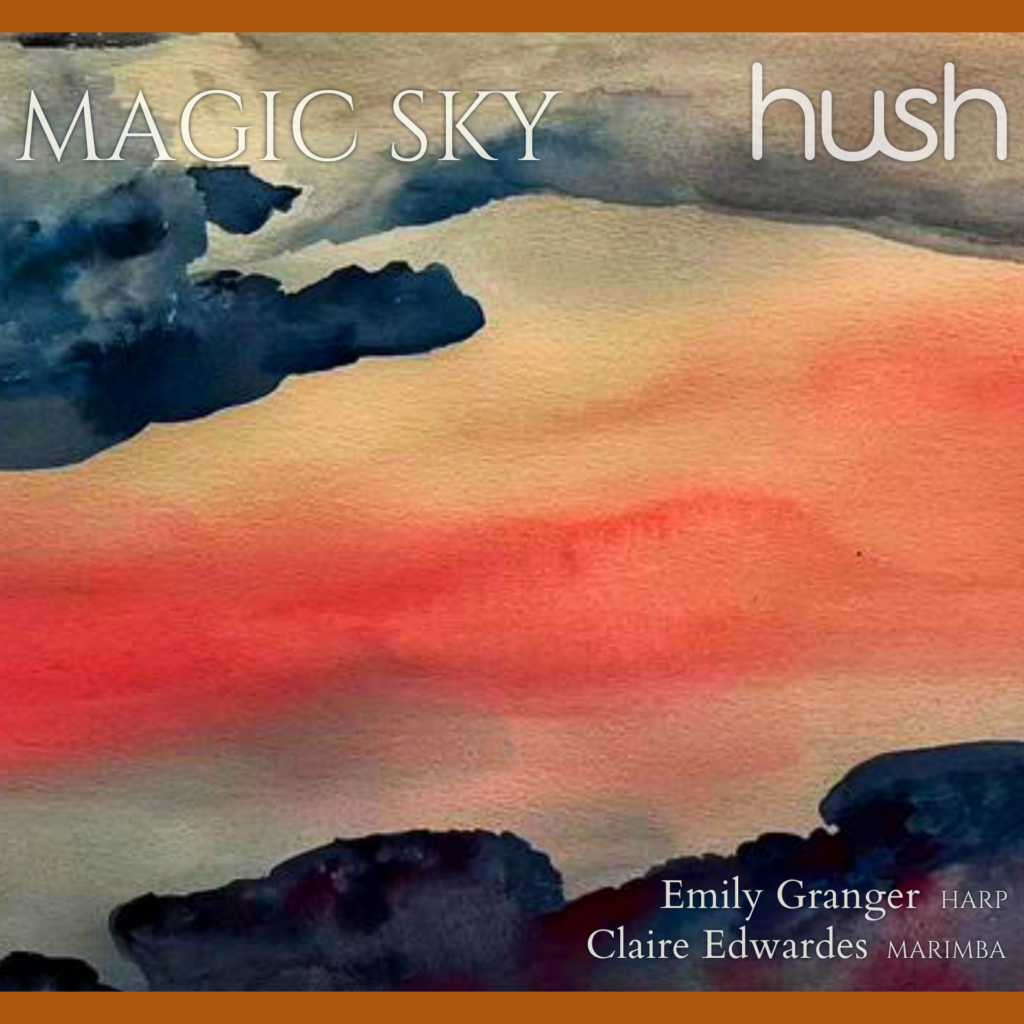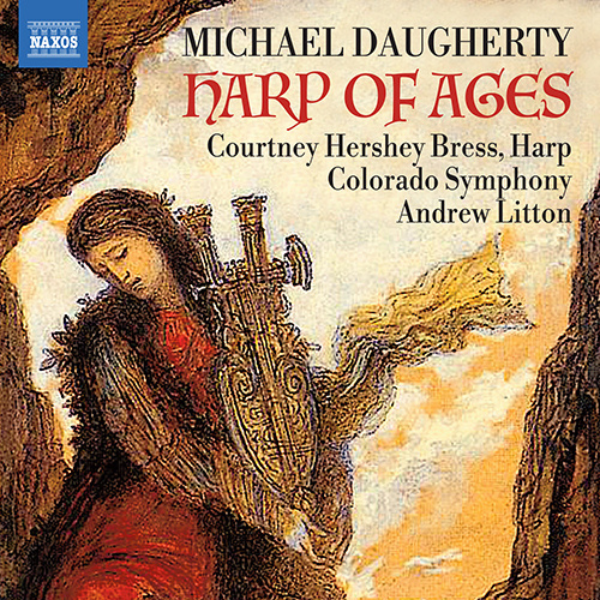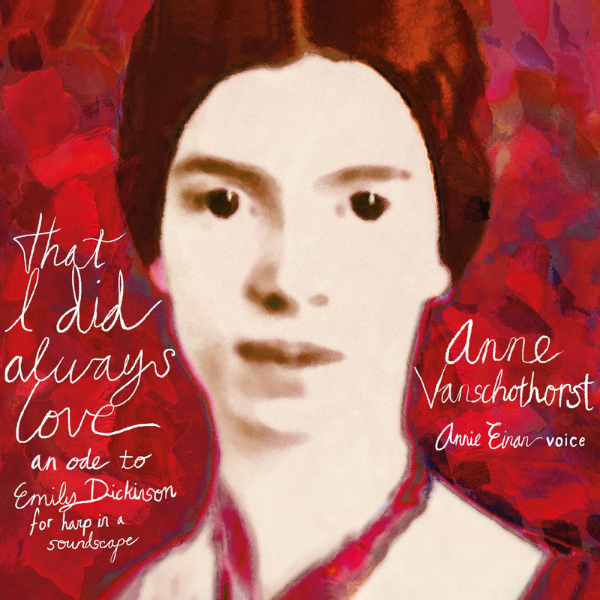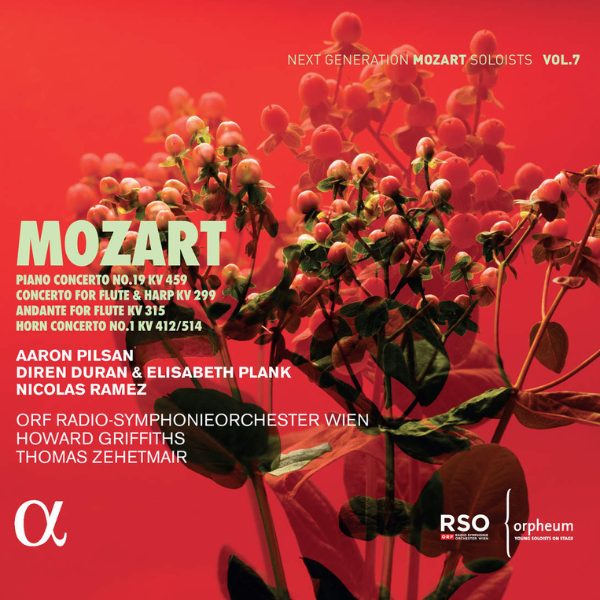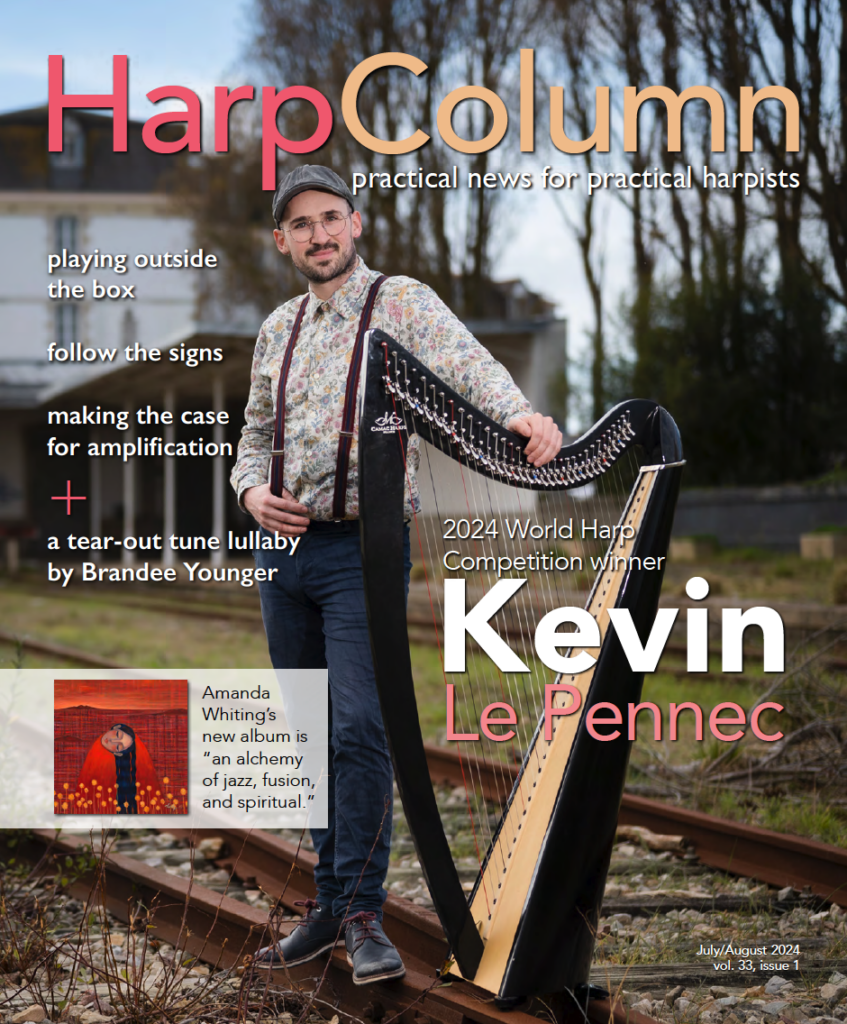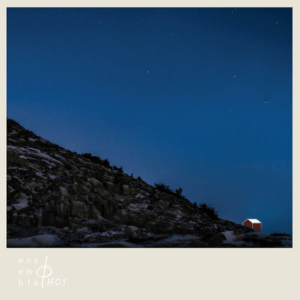
10/10
Ensemble Phos: Julie Rokseth, harp; Andreas Rokseth, bandoneon; and Michalis Cholevas, tarhu.
Psympha Records, 2022.
Plucked, keyed, and bowed. That’s how music is made on the three disparate instruments—harp, bandoneon, and tarhu—of Ensemble Phos in their stunning album Fyr.
When these three musician friends came together for an artist-in-residency on the lighthouse island of Sula, Norway, they wondered if maybe they could make something happen by combining forces, ones that differ not only in the sounds they create, but through their histories and our perceptions of what they mean.
Take for instance the harp, which is elegant, majestic, oftentimes called a sound from heaven. The bandoneon, a type of push-button concertina, is most closely associated with Argentine tango, and has a far grittier past. The one you most likely are not familiar with is the tarhu. It’s a much more recent addition to the music world. Invented in Australia in the ’80s, the tarhu is a stringed instrument with a rounded wood body and long neck that is most often bowed. A kind of melding of traditional instruments from China and Turkey, it sounds ancient and exotic.
To be honest, a silk road revisited is not at all what I’d expect out of Norway, but this is one of the most beguiling recordings of original music I’ve heard. Beginning with a lively song-from-the-sea in Skog or Hull, we’re led by Andreas Rokseth’s ornamented lyricism on the bandoneon. At first, the harp and tarhu feel like mere accompaniment, almost percussive, until Michalis Cholevas’ tarhu leaps to the forefront, a bassoon-like baritone, sending us half-way around the world on this imaginary ship, and back in time. It’s familiar, yet we can’t quite place that sound.
Borealis is an ode to the wind, but in this visceral rendition, it’s a lazy breeze just barely touching the sails, more a wish for wind. As each voice takes a role in the saga, momentum builds and waves toss. Frolic makes use of harp harmonics and staccato breaths from the bandoneon in a backdrop for a sweetly sung tarhu solo.
The title track is right on the verge of a tango. Writing about the disc, the ensemble tells us they’re grounded by the fyr or lighthouse, as “a universal guide to stranger and voyager to avoid dangers of the deep and darkness.” Halfway through, the storm finally arrives in a swirl of virtuosity.
Awaiting is heavy in its impatience, like a widow’s walk looking out to sea for a glimpse of a returning ship. The final work combines words of their native tongues—Greek and old Norse—Ingen apocheretismos. It’s a farewell, but not a goodbye. After a windless sea, storms, longing, and joy, hearing each one of these sparkling musicians improvise seems an apt conclusion. •




